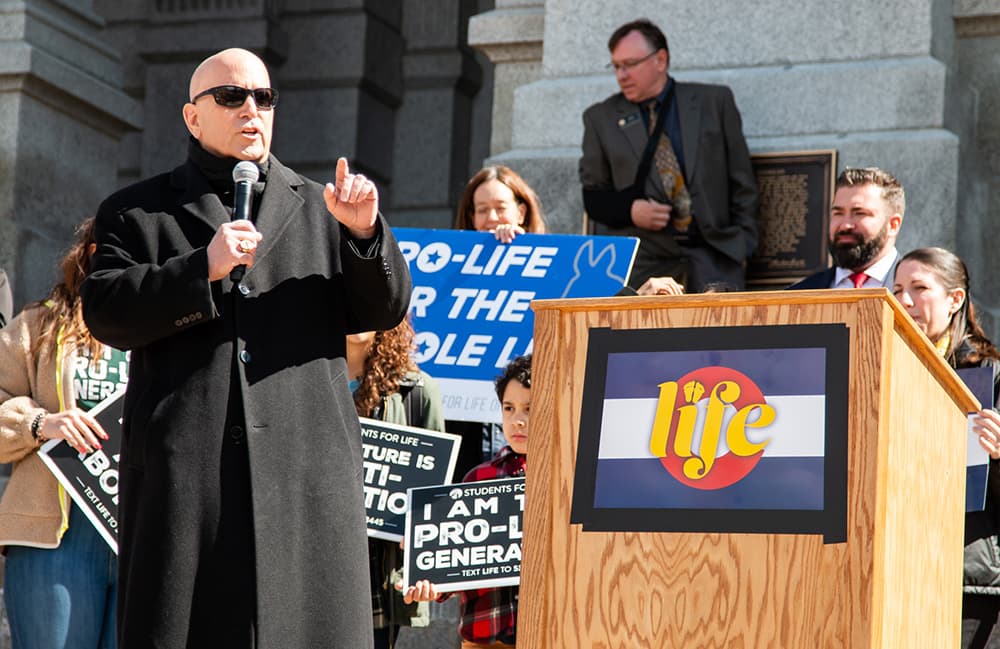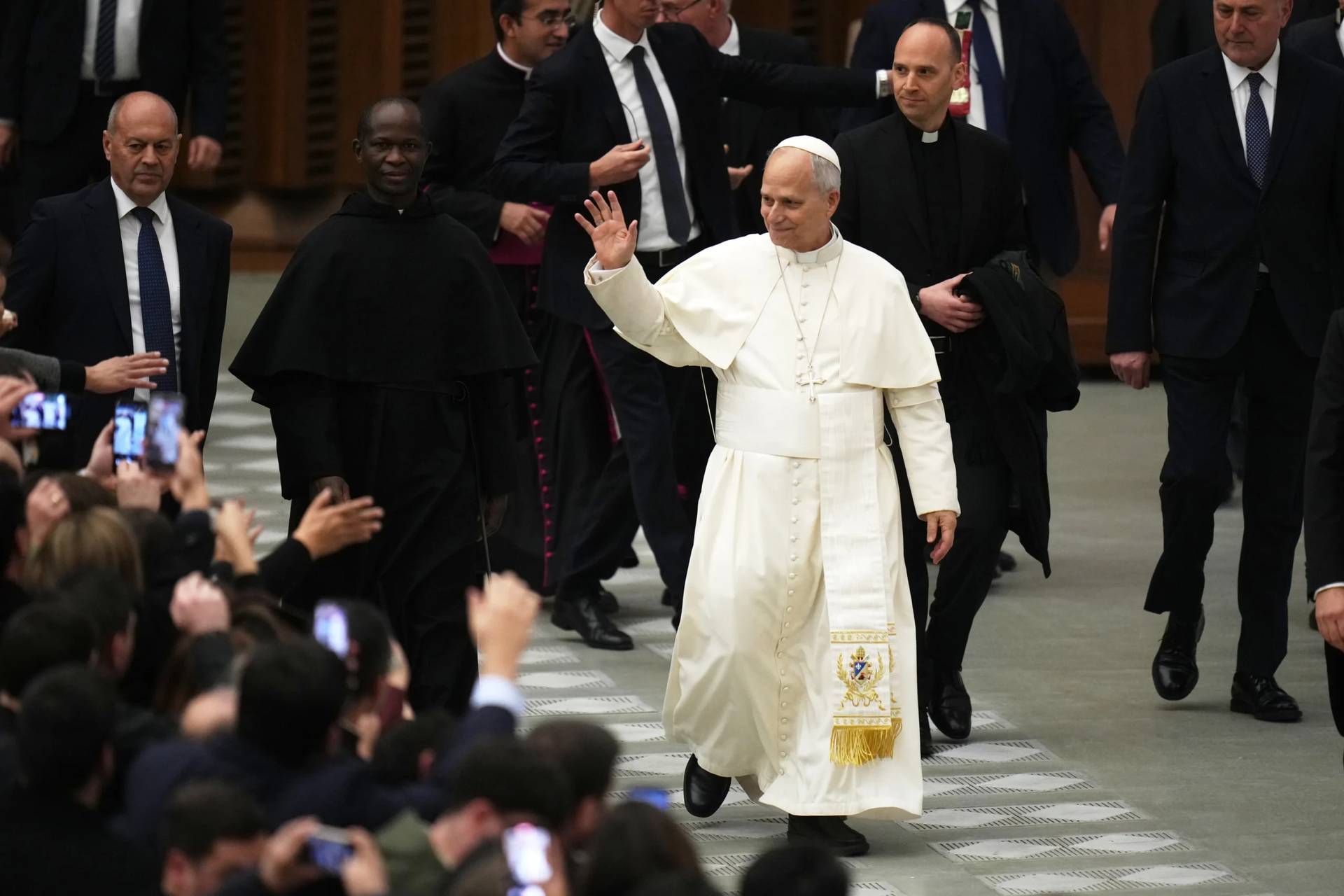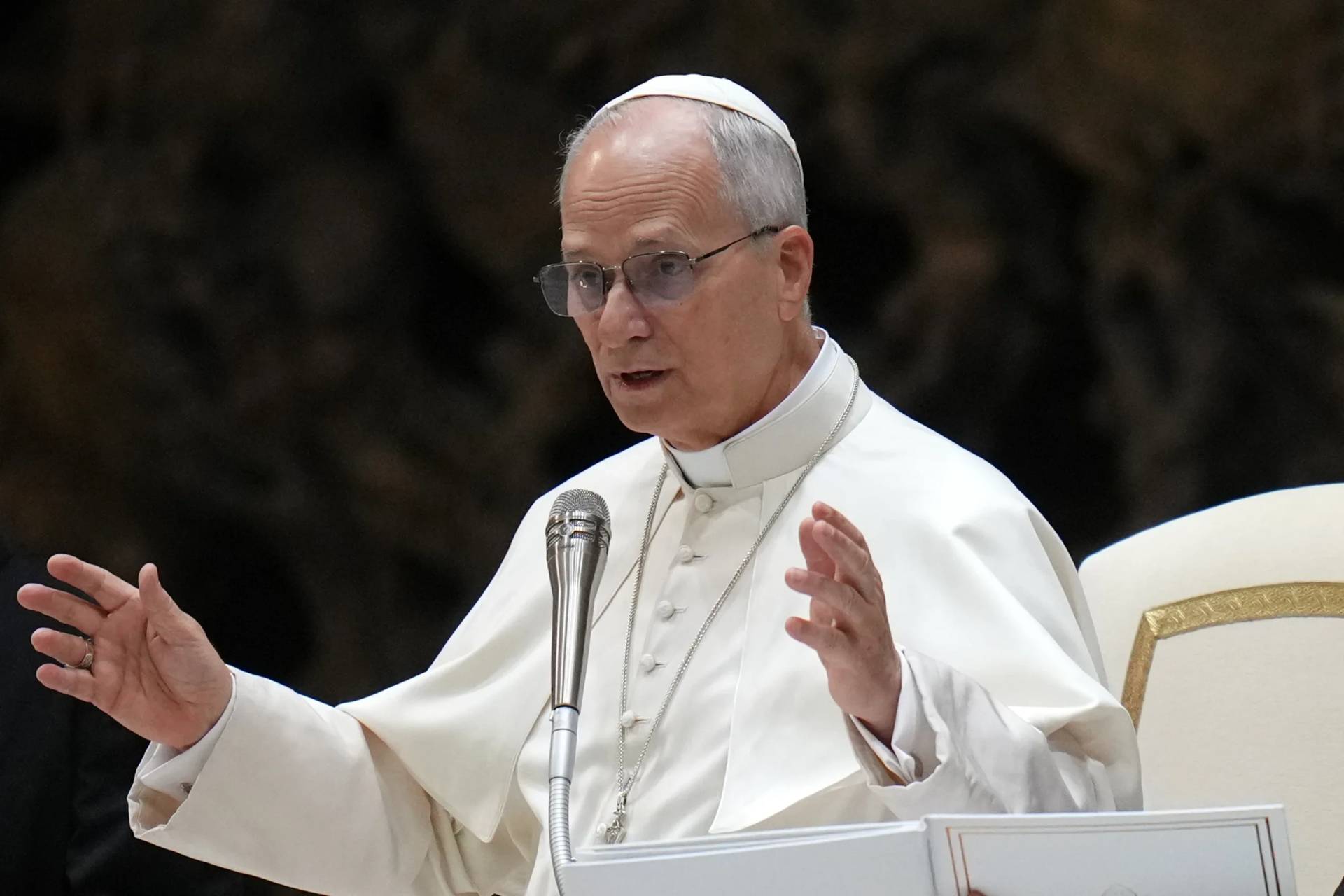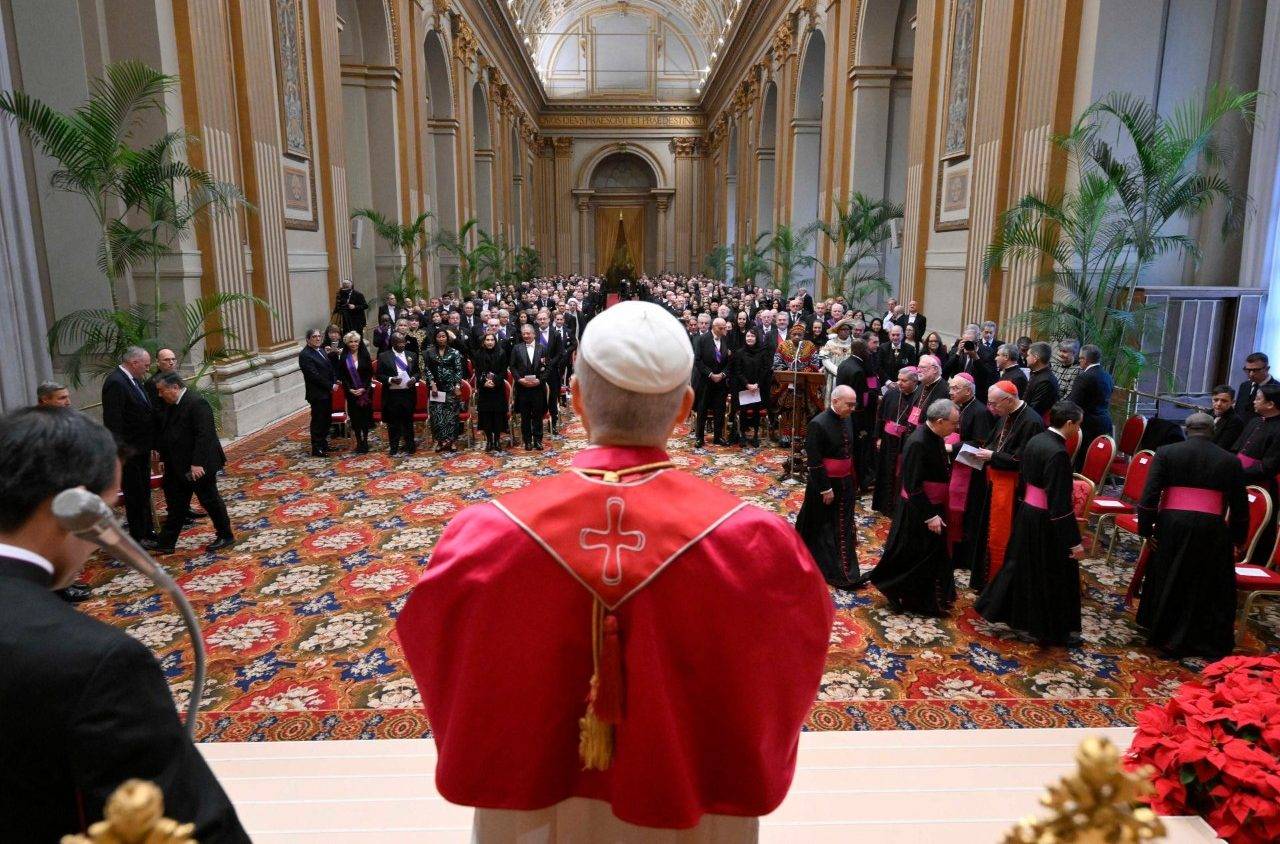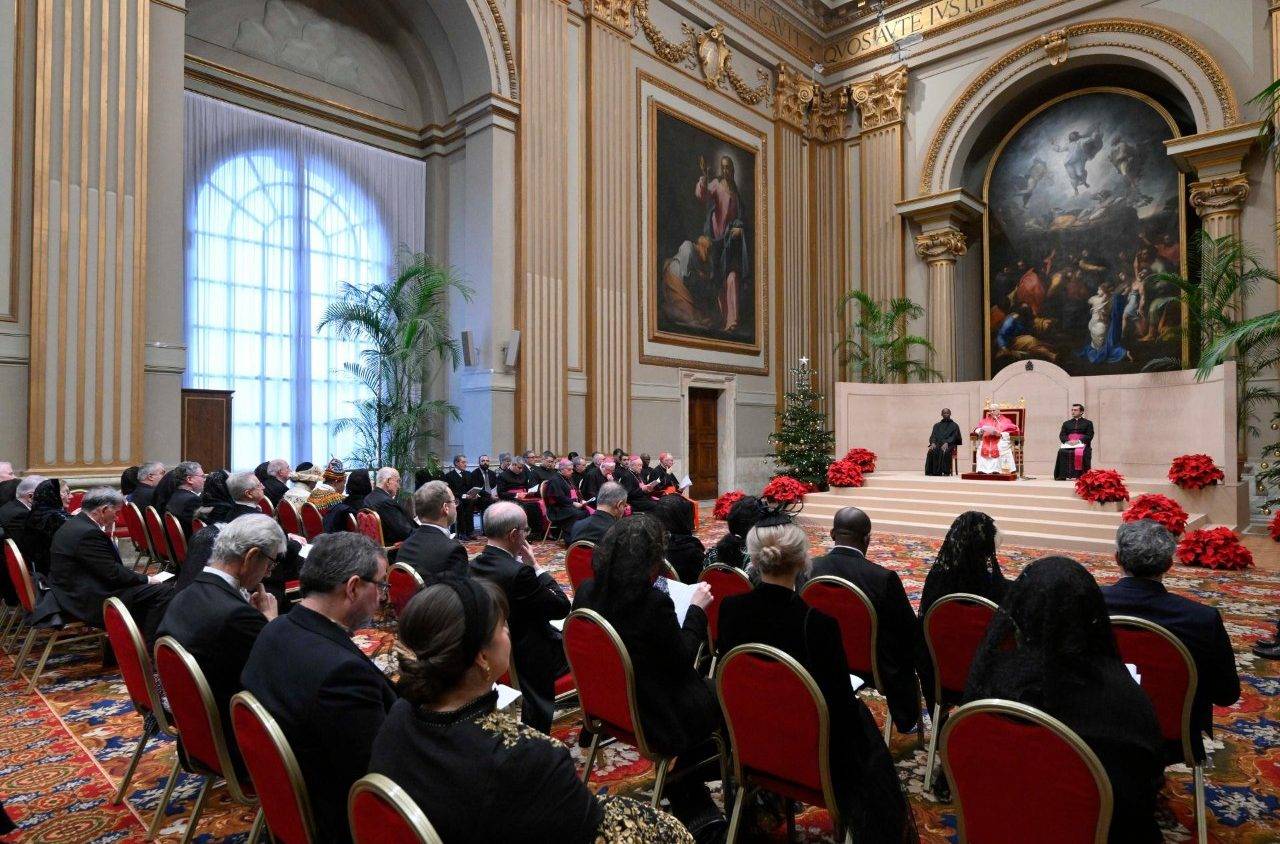NEW YORK – Testifying against legislation that would codify a right to an abortion into Colorado law, Archbishop Samuel Aquila of Denver spoke out against the idea that the government, not God, has jurisdiction over the right to life.
“At conception we receive the gift of life, and lay claim to the right of life, which is bestowed by God and not by the government,” Aquila said. “The government’s only duty and task is to recognize the right to life and to protect life, if it is truly a just government. But abortion denies that gift to some babies.”
“[Abortion] makes government God, and governments can change for good or for evil, depending on who is in charge,” he said. “Abortion has become an idol, which is tragic, for it promotes evil rather than the common good and the truth of the dignity of human life.”
Aquila’s testimony was read to the Colorado Senate Judiciary Committee on March 17 by Brittany Vessely, executive director of the Colorado Catholic Conference. Vessely was at the hearing in person to represent the three Catholic dioceses of Colorado. Auxiliary Bishop Jorge Rodriguez of Denver and Bishop Stephen Berg of Pueblo Zoomed in and presented their own testimony before the committee as well.
The interventions from the state’s Catholic leaders were the latest advocacy attempts against the legislation, called the “Reproductive Equity Act,” as it makes its way through the Democratic-controlled Colorado legislature.
The Reproductive Equity Act passed the Colorado House of Representatives on March 14 by a 40-24 margin, sending it to the Colorado Senate, where it’s expected to pass with a 20-15 Democratic majority. From there it would go to the desk of Gov. Jared Polis, who has expressed his intention to sign the legislation.
Despite the March 17 testimonies from Catholic leaders, and hundreds of others, the legislation was approved by the Colorado Senate Judiciary Committee on a 3-2 party line vote.
If ratified, the Reproductive Equity Act would not only codify a right to abortion in Colorado, but it would guarantee the right to an abortion throughout a pregnancy. Only three other states – New Jersey, Oregon and Vermont – have such a law on the books. Twelve other states guarantee abortion up until viability, which is considered to be about 24 weeks.
The text of the Reproductive Equity Act makes it clear the bill is in response to anti-abortion legislation that has been enacted across the country, and, in particular, the likelihood that the U.S. Supreme Court will either overturn or significantly limit Roe v. Wade with its Dobbs v. Jackson Women’s Health Organization decision expected later this year. The bill states: “Access to abortion and reproductive health care is currently under attack across the nation.”
Democratic Colorado Rep. Meg Froelich, who sponsored the Reproductive Equity Act, stated as much when the legislation passed the House of Representatives on March 17.
“Across the country the GOP is introducing and passing extreme laws to criminalize those who seek reproductive health care, and to ban abortion entirely, with no exceptions,” Froelich said. “We’re here to say, that’s not going to happen in Colorado. We’re standing up to protect access to abortion and I’m thrilled the Reproductive Equity Act has passed the House.”
The Catholic leaders shared personal perspectives in addition to the church’s stance on abortion in their appeals to legislators.
Rodriguez spoke about closeness to Denver’s Hispanic community as a Hispanic immigrant himself. He declared that the Hispanic community is a pro-life community where “life, children and family are the great values and treasures.” The bishop cited a 2019 Public Religion Research Institute survey that found that 52 percent of Hispanic Catholics are pro-life, and census data from July 2021 that there are 5.8 million Hispanics living in Colorado.
“With a growing Hispanic population, why is the Colorado General Assembly introducing the most extreme abortion legislation in the country?” Rodriguez asked.
Aquila’s testimony spoke about his experience witnessing two abortions as a college student working in hospitals. Aquila said the memory of “two tiny humans being destroyed by violence” haunts him. He also reiterated that it’s God’s decision who comes into this world.
“Many of you, like the abortion industry, have tried to tell us that we can choose which lives have value. That we can select which lives are worth living. That we can decide which humans created by God get to come into this world,” Aquila said. “But we are not God. That is not our decision to make.”
The Senate vote on the bill is expected to happen next week. Ahead of the vote the Archdiocese of Denver has set up a call to action for people opposed to the legislation to contact their state senators at https://cocatholicconference.org/news/.
Follow John Lavenburg on Twitter: @johnlavenburg
